A fellow festival-goer at the recent Calabash literary festival in Treasure Beach, Jamaica, enjoyed chatting to a gentle Irish poet called Paul. He told her he ‘dabbled’ in poetry, and she was seconds from asking if he was planning on reading any of his work at the open-mike session.
When Paul Muldoon, the poet in question, came to give his reading, it was soon quite clear that he is, in fact, a famous poet. He opened with ‘Comeback’, a poem about a washed-up rock band for ever on the brink of their next great hit: ‘We’d pay in cash/For a kilo of Khartoum/And come back to trash/Another hotel room/And make a comeback baby/A comeback don’t you see?/It’s time to make a comeback baby/Come back baby to me.’ One part Princeton professor, two parts ageing rocker, and with a strange and you might say characteristic mix of the deadpan and the tender, Muldoon had the audience eating out of his hand.
As a promising teenager, Muldoon was introduced by his English teacher to Seamus Heaney, to whom he later sent some poems. What should he do to improve them? ‘Nothing,’ Heaney is reputed to have replied. Fast-forward nearly 40 years and Muldoon’s papers not only live at Emory University in Atlanta, sharing space with those of Heaney, W.B. Yeats and Ted Hughes, but plainly belong there, too — ‘dabbling’ be damned. Just as Heaney and Hughes were the giants to Muldoon and his generation, there’s barely anyone writing now who hasn’t gone through a stage of aspirational ‘Muldoonery’: a playful allusiveness, and an insistence that you can rhyme cat and dog if you so choose.
Despite the confessional tone of a lot of his writing, he makes a big distinction between memoir and poetry. At what point does the poet force the memoirist aside, I wonder? ‘The poem is always more important, I think, because it has its own business in the world, it has its own things that it needs to do.
‘Most of what happens to us isn’t very interesting, it really isn’t…I ran into somebody the other day and said, “What are you up to?” She said, “I’m writing a memoir.” I said, “That’s fabulous” — but I have to say I was thinking to myself, “Why?”, partly because I would not in a million years write a memoir.’
Surely, though, there’s an awful lot of himself in his poetry? ‘Certainly, in my own poems, sometimes something like myself as a historical person appears as a character, that’s true…But we are constantly inventing ourselves as we describe ourselves.’
Is that a particular luxury for a writer, I wonder? ‘No, I don’t think so. I suspect it is something we have to do to get through.’
Muldoon was first published when he was still a student at Queen’s in his native Belfast, where he also worked in the 1970s as an arts producer for the BBC. It must have been a truly frightening place. He grew up in the small village of Moy in County Tyrone, which had more than its share of violence, although, as he has said, his parents largely sheltered him from what was going on.
He moved to America in 1987, but the sense of his childhood home is as vivid as ever in Moy, Sand and Gravel, the 2002 collection for which he won the Pulitzer Prize. In ‘The Misfits’, for example, he recalls a row with his father over a camp local priest with whom he was banned from socialising, now remembered as no more likely to teach him guitar cords than ‘an ostrich to bend/its lead-plumed wings and, with its two-toed foot, rip out/the horizon seam/and lift off, somehow, into the blue’. As he says, even when he lived there, Ireland was ‘already a place of the imagination’, as was America.
Muldoon’s modesty is hugely endearing, but to categorise what he does as ‘dabbling in poetry’ could be called misleading. ‘I’m pretty sure,’ he observes, ‘that one’s much better having as little time to write as possible. Most people I think would be much better doing something else rather than writing a poem.’ A better strategy, he maintains, is ‘saving one’s energy, above all, for choosing the right moment — insofar as we can judge that, and it is very hard to judge, perhaps impossible to judge — when it’s worthwhile.’
Muldoon’s life is packed full of doing ‘something else’: he is the poetry editor of the New Yorker, teaches at Princeton, and is obsessed with writing music for a campus band. ‘The possibility of something really interesting happening is always quite low even for great poets,’ he continues. ‘When you get right down to it, most of them write loads of rubbish. There are the few poems that the great poets write, and it might be a dozen poems.’
He says he writes about a poem a month, which isn’t a lot, but which adds up over time. ‘We see a connection, and endorphins or whatever go nuts. So I’m sure that a certain amount of art-making has to do with chemical dependency…that feeling, that extraordinary buzz that may be akin to a drugs buzz or an alcoholic buzz or a chemical buzz. Auden, as you know, referred to it as the chemical life.’
For all the pleasure his own writing has given me, I have to say an interview with Muldoon feels at times like trying to get a magician to dish on his tricks. The same playfulness and questioning intelligence that make his poems so rich make conventional questions and answers something of a challenge. ‘I don’t know,’ he says at one point, in the slow, quiet accent that makes you hang on for more, ‘and I think perhaps’ — pause — ‘that’s the right answer to all questions.’ Oh, come on! It would be an infuriating statement if it weren’t so true, and if it didn’t make me laugh.
Perhaps, though, with this notion of the chemical life, we finally find a less mysterious Muldoon. ‘Basically, I think all artistic lives are chemical lives. Why do people keep on doing this? Why do they keep on going back for more, more of the same, when there are so few rewards? It’s a drug. Art-making is a drug. I’m sure what keeps me going back for more is the particular ecstasy that one feels when — and of course it may be completely misplaced, that’s the problem with it — something comes together.’
I leave Muldoon, who has already written at least his great poet’s ‘dozen’, with his nose in a guitar magazine and his iPad to hand — as he says, you have to choose your moments.
The post ‘Dabbling’ in poetry appeared first on The Spectator.
Got something to add? Join the discussion and comment below.
Get 10 issues for just $10
Subscribe to The Spectator Australia today for the next 10 magazine issues, plus full online access, for just $10.

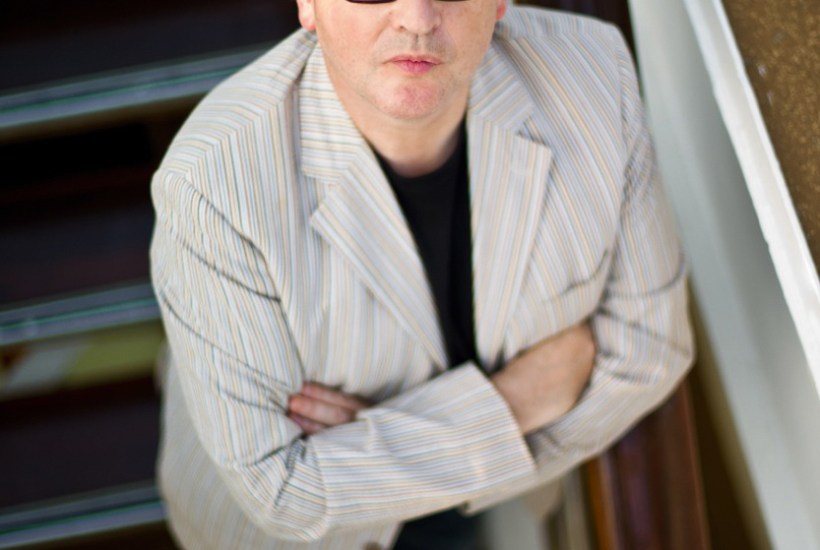
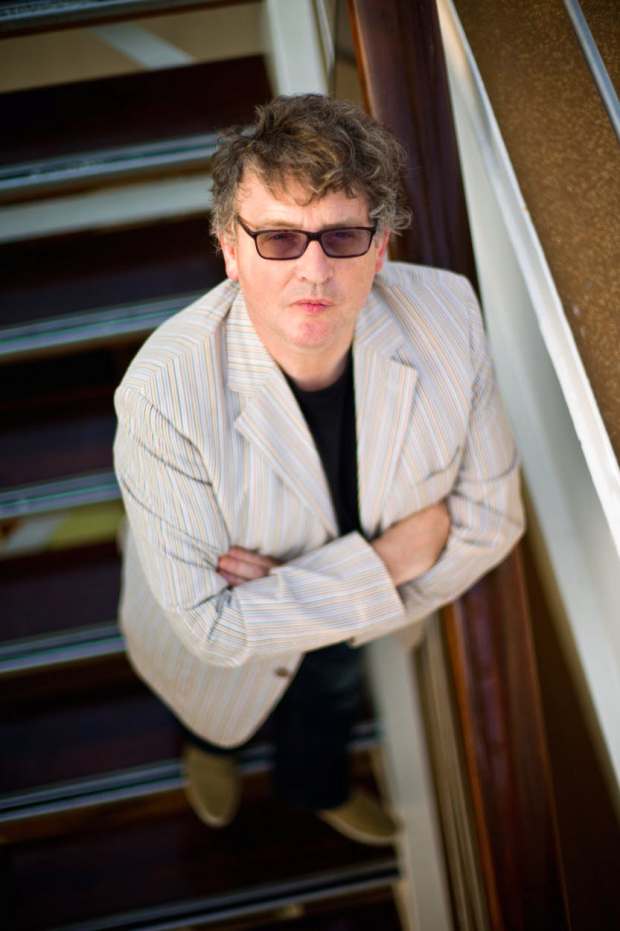
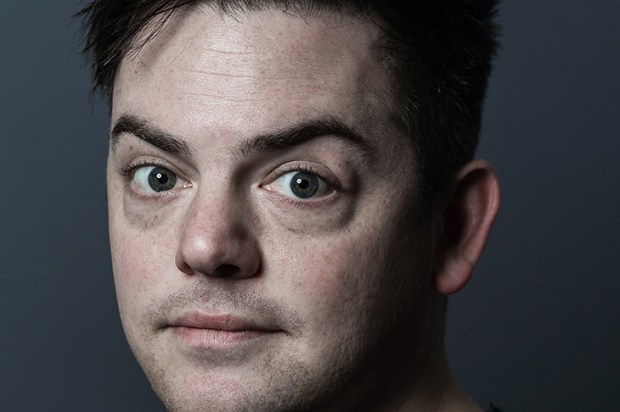
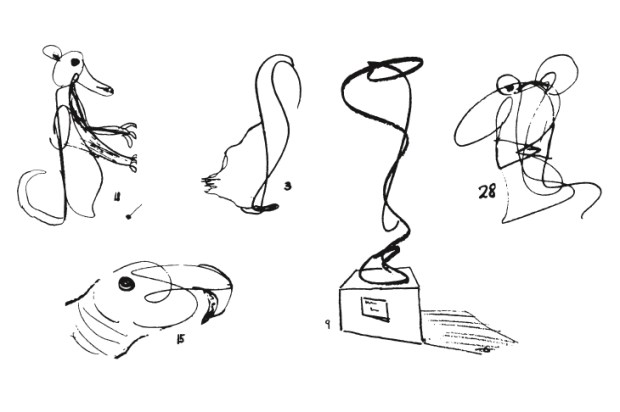
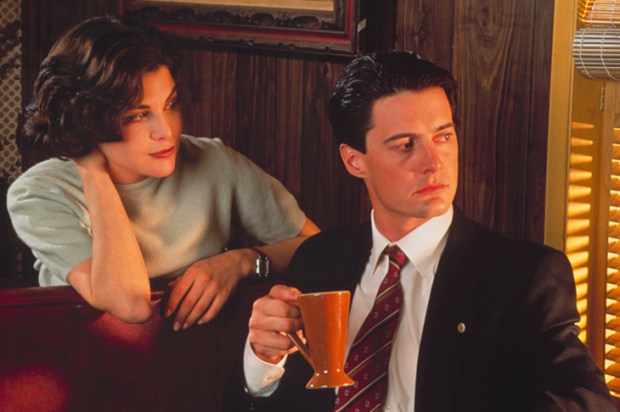
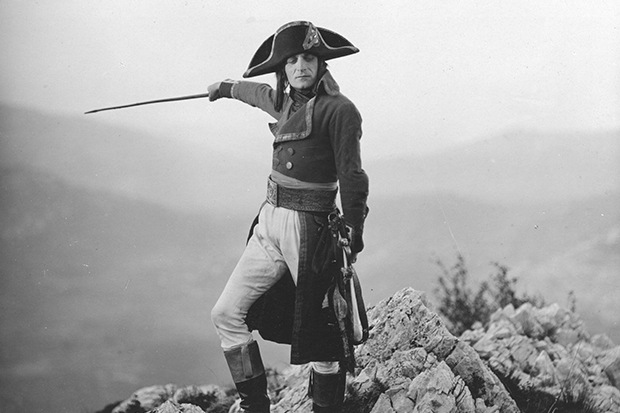
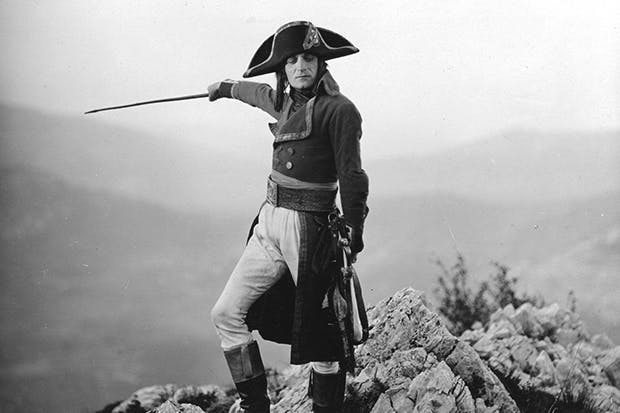






Comments
Don't miss out
Join the conversation with other Spectator Australia readers. Subscribe to leave a comment.
SUBSCRIBEAlready a subscriber? Log in